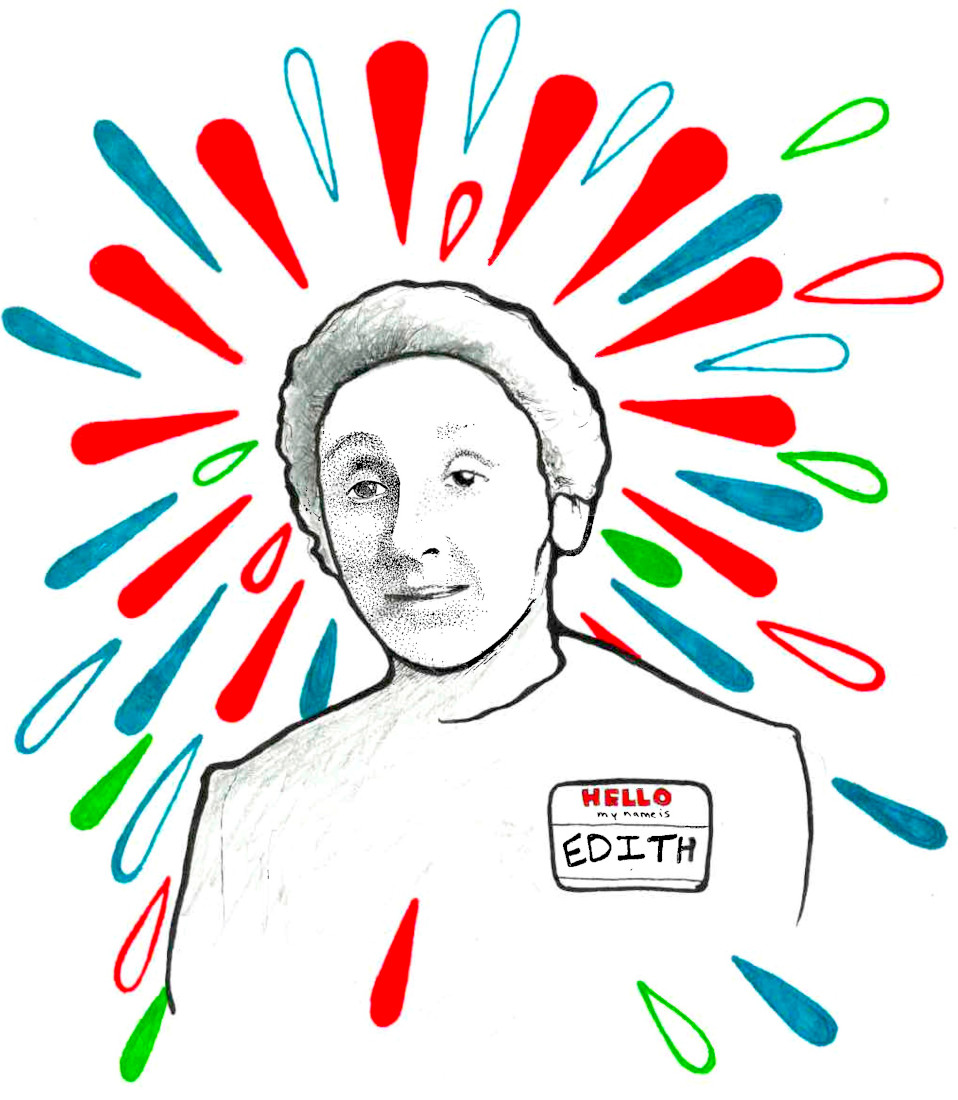The political evolution of Edith Hancox
A people’s history of Winnipeg
In last month’s “A people’s history of Winnipeg” column, I introduced Edith Hancox, a socialist and feminist organizer involved in the 1919 Winnipeg General Strike and activism throughout the 1920s. In this column, I will take a closer look at Hancox’s political evolution and unemployment organizing in Winnipeg.
Historians have documented Hancox’s involvement in the Winnipeg General Strike, although documentation of her involvement is scarce.
Hancox addressed pro-strike crowds at Victoria Park several times throughout the summer of 1919, but besides those speeches, the extent of her involvement remains unknown. The same applies to around 35,000 Winnipeggers who went on strike in 1919, whose sacrifices and confrontations during that time largely remain anonymous.
During the general strike, Hancox was involved in the Labour Church, headed by renegade Methodist preachers J. S Woodsworth and William Ivens. Their sermons on gender equality and labour rights struck a chord with Hancox, who was growing tired of the Salvation Army.
She spoke at numerous Labour Church meetings and for the church at Victoria Park during the strike. By 1922, Hancox had abandoned Christianity and joined the Communist Party.
Hancox was most politically active in the 1920s. The end of the strike, though it did not achieve its goal of workers rights, re-incited her determination for revolutionary change.
Hancox was instrumental in forming the Women’s Labour League branch in the working-class communities of Weston and Brooklands in the summer of 1919. The following November, she ran for city councillor in a municipal election that saw an unprecedented left-leaning coalition try to wrestle control from the conservative Citizens Committee. As a part of her platform, Hancox campaigned for free textbooks for children and better wages for teachers, receiving 40 per cent of the vote in Weston.
But while Hancox participated in electoral politics, she was most active in organizing and advocating for the unemployed.
In 1921, mayor Edward Parnell offered her a seat on the Winnipeg Joint Committee on Unemployment. In the 1920s, unemployment relief was a civic responsibility. City hall’s attempt to co-opt Hancox backfired, as she used the position to gain insider information so she could more effectively criticize Winnipeg’s relief practices.
In the winter of 1923, Hancox led a group of unemployed men into Winnipeg’s city hall to demand better relief rations. She also pioneered anti-poverty case work, where she brought forward cases of those who were unfairly treated by the system, a tactic later used during the Great Depression.
The Winnipeg General Strike was ultimately crushed by the power of the government and employers, but Hancox’s political evolution during the following decade exemplifies the relentless energy it had incited in activists.
Rather than give up, Hancox and her contemporaries were resolute in their fight for workers’ rights, diversifying their tactics and searching for answers, even amid political defeats.
Scott Price is a labour historian based in Winnipeg, Man.
Published in Volume 77, Number 20 of The Uniter (March 2, 2023)








